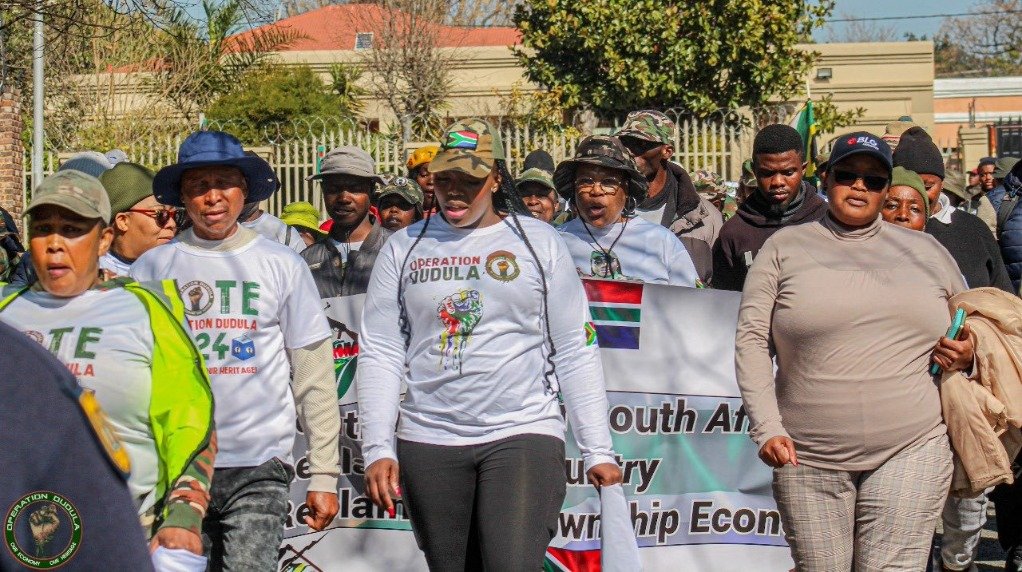The South African Human Rights Commission (SAHRC) said on Thursday it hopes the Gauteng High Court’s judgment against Operation Dudula will put a stop to the “continual intimidation and harassment” of non-nationals and undocumented persons.
The commission once again called on State authorities to restore law and order and ensure that constitutional rights are upheld.
Earlier this week, the Gauteng High Court ordered that Operation Dudula, Zandile Dabula and its office bearers stop demanding that any private person produce their passport or other identity documents to demonstrate their right to be in the country, and to stop intimidating, harassing and/or assaulting any individuals that they identify as being non-nationals.
Operation Dudula was further interdicted from making public statements that constitute hate speech on the grounds of nationality, social origin or ethnicity at public gatherings, on social media platforms or in any other way.
Operation Dudula was interdicted from interfering with the access of non-nationals to health care services, interfering with access to schools and intimidating or harassing learners, teachers or parents at schools.
Operation Dudula was also ordered to stop unlawfully evicting non-nationals from their homes; unlawfully removing foreign nationals from their trading stalls or interfering with the employment of foreign nationals in shops and businesses.
The South African government has been ordered to take “reasonable steps” to implement the National Action Plan to combat racism, racial discrimination, xenophobia and related intolerance.
The SAHRC welcomed the judgment, pointing to evidence it submitted to the court, involving a case where a 15-year-old South African child was arrested in Johannesburg and detained with adults, by South African Police Services (Saps), after she failed to produce identity documents.
“…this experience, initially brought to the commission as a complaint, highlighted the challenges with the broad discretion exercised by Saps,” the SAHRC explained.
The court agreed in part, that while Section 41 authorises warrantless searches in public places, not in private homes, workplaces, schools, or other private premises; it also requires that an immigration or police officer must hold a reasonable suspicion that a person is unlawfully in the country before demanding identification; and must be interpreted to protect the rights and best interests of children, in accordance with Section 28 of the Constitution.
The commission highlighted that these interpretive declarations effectively read constitutional safeguards into Section 41, narrowing its scope and limiting potential misuse.
In July, the commission publicly emphasised that the actions of these “vigilante” groups were “unlawful, violate constitutional rights and undermine” the rule of law.
The commission said it would monitor the implementation of this judgment and that it looks forward to the enrolment of its case in the High Court in Durban against these “vigilante” groups and its leaders.
EMAIL THIS ARTICLE SAVE THIS ARTICLE ARTICLE ENQUIRY FEEDBACK
To subscribe email subscriptions@creamermedia.co.za or click here
To advertise email advertising@creamermedia.co.za or click here











